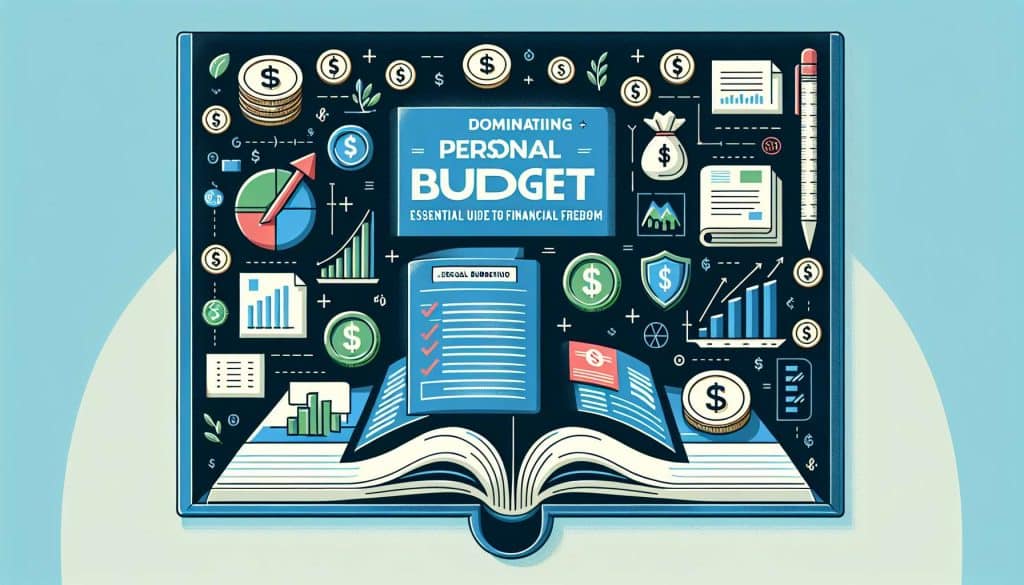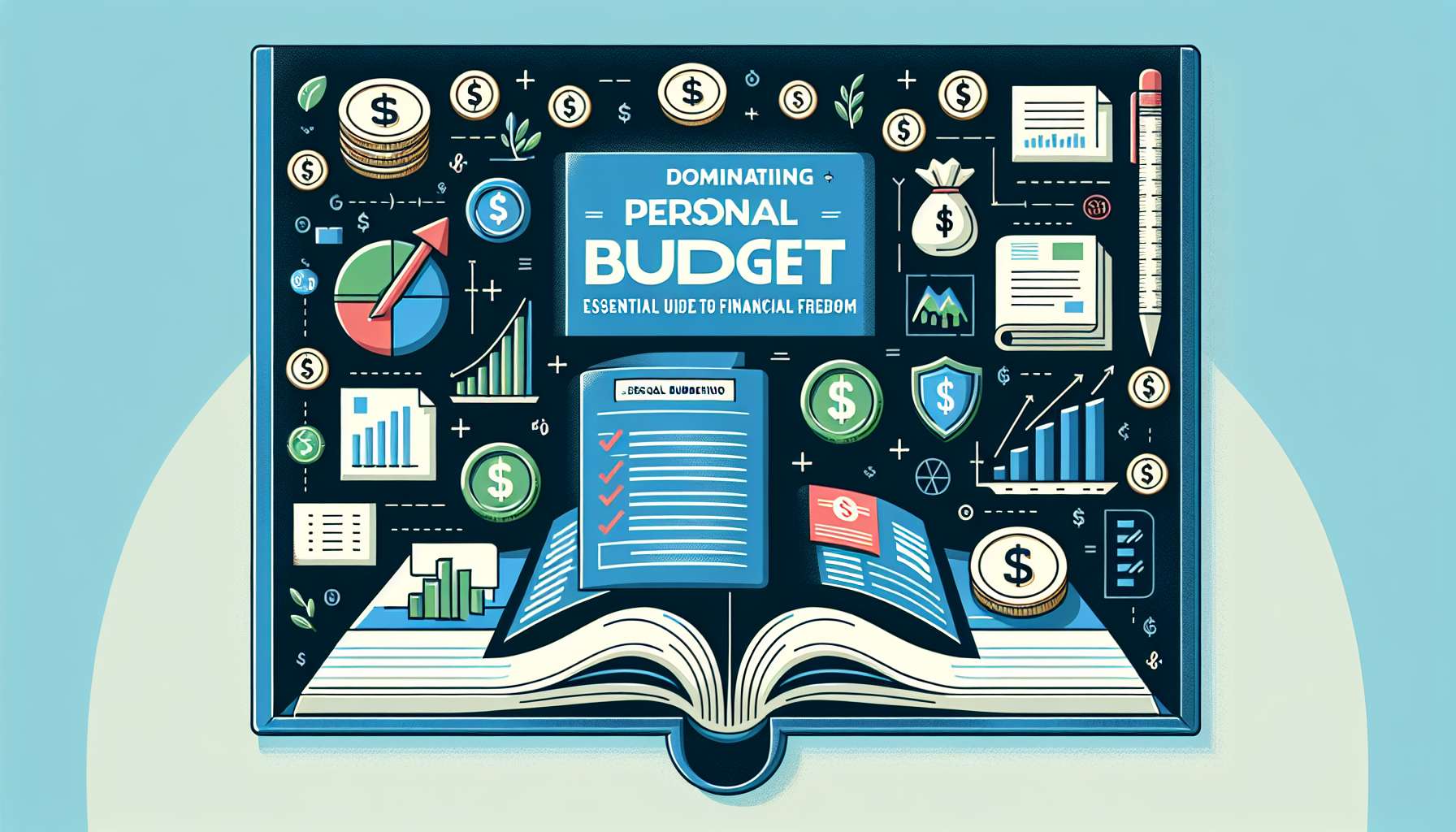Mastering Personal Budgeting: Essential Guide to Financial Freedom


Mastering Personal Budgeting: An Overview
Personal budgeting is a vital step in achieving financial stability and freedom. For many, the challenge begins with understanding the basics and recognizing the true value of a well-planned budget. Although intimidating at first glance, creating a budget can be revolutionary. It not only guides spending but also acts as a vehicle for savings and achieving financial aspirations. This guide seeks to simplify personal budgeting, offering actionable insights for taking control of one’s finances.
Anúncios
Understanding personal budgeting is crucial for anyone looking to improve their financial health. A budget serves as a comprehensive roadmap of expected income and expenses over a set period. It’s about informed decision-making rather than sacrifice. By anticipating earnings and expenditures, individuals can strategically plan both spending and saving. This proactive approach ensures financial decisions are both conscious and deliberate.
The significance of personal budgeting extends to multiple life facets. A well-structured budget provides clarity regarding cash flows, revealing areas of overspending and potential for saving. It’s essential for setting and maintaining financial goals, reducing stress around money matters, and encouraging savings. By examining personal budgeting further, one can acquire the tools necessary for effective money management, thus steering towards financial confidence.
Comprehensive Steps for Effective Personal Budgeting
To embark on a successful budgeting journey, identifying your net income is crucial. Your budget should reflect your net earnings, which encompass income after deductions. By factoring in wages, bonuses, and other revenue sources, you can shape an accurate financial picture, preventing overspending pitfalls.
Tracking spending lays the foundation for a solid budget. For at least a month, diligently monitor every expenditure and categorize them appropriately. This process unveils spending habits, emphasizing areas ripe for optimization. Modern apps like Mint offer convenient tracking options, streamlining the effort and increasing efficiency.
Goal-setting is a pivotal part of successful budgeting. Distinguish between short-term goals, like saving for immediate purchases, and long-term ones, such as retirement preparations. Ensure your goals meet the SMART criteria, guiding your financial strategies toward achievable targets.
A realistic financial plan arises from subtracting expenses from income, yielding discretionary spending capacity. This allocation goes towards your financial goals, ensuring a buffer for unexpected costs. Crafting a flexible plan allows for adjustments as life circumstances evolve.
Finally, adjusting your budget in response to life’s unpredictability is essential. Regular reviews of your budget offer opportunities for realignment with income, expenses, and changing priorities, safeguarding financial health.
Key Characteristics of Successful Personal Budgeting
- A clear understanding of cash flow
- Ability to set achievable financial goals
- Preparedness for unexpected expenses
- Regular reviews and adjustments of the budget
- Utilization of technology for tracking
Benefits of Personal Budgeting
The adoption of personal budgeting yields several key benefits. It offers a lucid picture of your financial state, assisting you in pinpointing overspending areas and avenues for savings enhancement. By keeping financial objectives visible, budgeting facilitates significant life goals, from vacations to retirement planning.
Reducing financial stress is another crucial benefit. Understanding financial limits and setting clear boundaries help alleviate anxiety, contributing to a more enjoyable and relaxed life. Furthermore, consistent budget adherence promotes savings, fostering security and ensuring readiness for unforeseen expenses.
Budgeting also enhances the financial discipline necessary for preventing impulsive spending, aligning purchases with broader financial aspirations. This discipline extends to adopting strategies, such as the 50/30/20 rule, which provides structure by partitioning income among necessities, desires, and savings.
Preparing for emergencies is paramount, making personal budgeting indispensable. Establish an emergency fund covering 3-6 months’ expenses. This reserve ensures financial resilience in crisis situations, such as job loss or medical emergencies.
An organized approach to finances, supported by technology, encourages better tracking and more informed decisions. Apps and digital tools streamline the process, providing insights into spending habits, prompting savings, and offering real-time updates.
Despite unexpected hurdles, the discipline fostered by personal budgeting culminates in financial autonomy. It transforms budgeting from a daunting task into an empowering journey marked by steady progress. As perspectives shift from perfection to continual improvement, financial confidence naturally grows.
In conclusion, mastering personal budgeting unlocks financial independence. The journey involves understanding earnings, managing expenditures, and setting realistic goals, all critical components for a sustainable financial strategy. Staying committed and flexible ensures that budgeting becomes an asset, elevating one’s financial wellness and transforming dreams into reachable realities.





